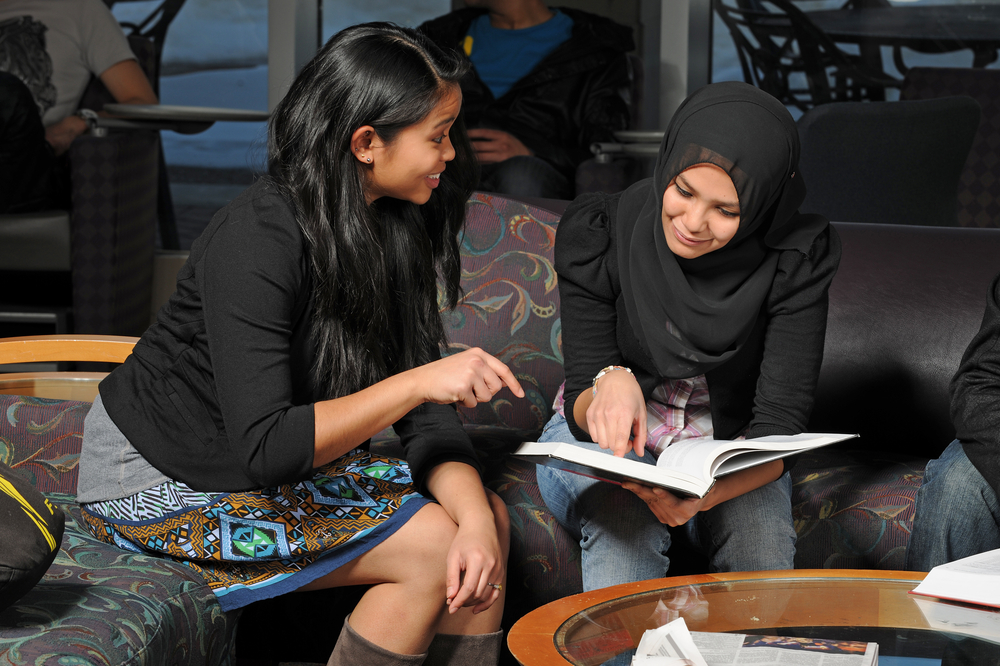Topic outline
-
Developing English language and intercultural learning capabilities:
Case Study 2: The Intercultural Learning Project
The ELILT Case Study 2: The Intercultural Learning Projectis study (Developing English language and intercultural learning capabilities) explored the experience of a group of students (local and international) and teachers during their participation in a core undergraduate course at the University of South Australia (UniSA).
The 530 students were enrolled in diverse programs at a university which is in itself characterised by a high level of diversity. To capture their experience of learning, teaching and assessment in such a highly diverse environment, a research dimension was introduced and data were collected over the entire life cycle of the course.
The data sets included interviews with students and teachers, students’ written assessments, and observations of weekly teaching staff meetings. The design was collaborative, ethnographic and thematic (Cresswell 2007), involving the research team, members of the teaching staff and members of the university’s learning and teaching unit.
The overarching finding of the study is that there is a need to rethink notions of ‘experience’ and ‘engagement’, specifically to attend to the central role of language/s and culture/s in all students’ experience of learning, teaching and assessment if we are to enable students to develop their intercultural learning capabilities.
In relation to language, culture and learning:
1. That an attentiveness to the crucial role of language/s and culture/s in shaping how concepts are interpreted and how understandings and new knowledge are created, developed and applied is necessary and valuable when learning and teaching in diversity.
In relation to learners, the experience of learning and the personalisation of their learning:
2. That students’ intercultural learning capabilities are developed through opportunities for experiential and personalised learning in interaction, in which students engage with their own and others’ diverse knowledges, experiences and understandings and participate reciprocally in exchange.
In relation to curriculum design:
3. That the design of the curriculum be coherent in the sense that intercultural learning as described permeates all aspects of the curriculum and its enactment.
In relation to managing a core course:
4. That coordination extends beyond the administrative aspects of ‘managing’ the course to include developing shared understandings of the conceptualisation and design of the content and processes of the course, teaching and learning processes, experiences and resources, and assessment and evaluation.
In relation to academic and professional literacies:
5. That attending deliberately and explicitly to language/s and culture/s is an integral part of developing the literate capabilities students need in academic and professional environments.
The findings reveal the need for and value of:
- enabling students to draw on their linguistic, cultural and knowledge repertoires
- providing coherent and scaffolded pathways for students as they participate in a course
- enabling opportunities for experiential and personalised learning through interaction, in which students engage with their own and others’ diverse knowledges, experiences and understandings and participate reciprocally in exchange
- enabling students to examine critically their own and others’ assumptions, to consider multiple perspectives, and reflect on the interpretation, creation and application of knowledge
- attending to the crucial role of language/s and culture/s in developing, enacting and evaluating the processes of learning, teaching and assessment.
The findings imply that learning, teaching and assessment in diversity:
- is a shared, dialogic and ongoing process involving both teachers and students as they engage with disciplinary knowledge and consider how it may be applied in meaningful and relevant ways
- requires an attentiveness to the crucial role of language/s and culture/s in shaping how understandings and new knowledge are created, developed and applied.
You can download the full report of the study.
